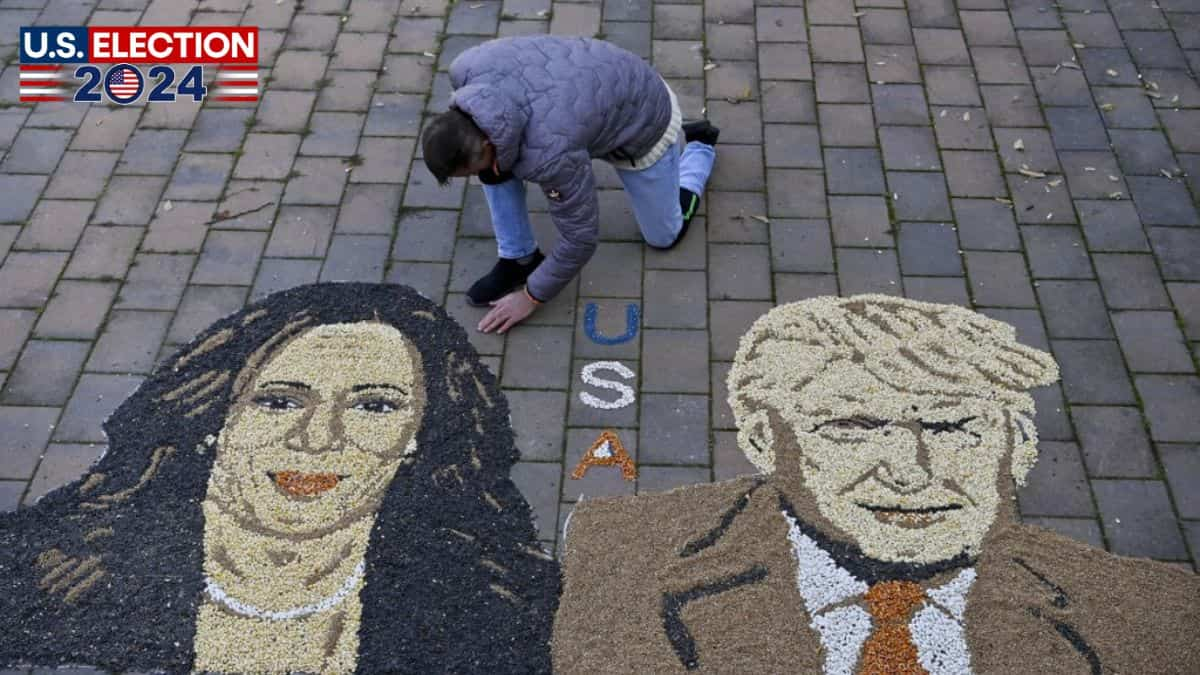On Tuesday (Nov 5), Donald Trump pulled off what was largely seen as an impossible win— going from a felony conviction to becoming the 47th President of the United States. Even as America comes to terms with the reality of his return to the White House, the world’s largest peacetime military alliance, NATO, is also grappling with it, fearing the impact on European security and ongoing support for Ukraine.
Trump’s win over Kamala Harris in the US presidential election has cast uncertainty over NATO’s stance toward Russia, particularly as it continues its war in Ukraine, which borders several alliance members.
Trump and NATO
NATO Secretary General Mark Rutte, recently appointed partly for his rapport with Trump, quickly extended congratulations, stating that Trump’s “leadership will again be key to keeping our Alliance strong.”
However, beneath the diplomatic messaging lies unease over Trump’s unpredictability and scepticism toward NATO commitments, which he has previously questioned. During his campaign, Trump had hinted at a more hands-off approach, even suggesting he’d encourage Moscow to “do whatever the hell they want” to countries not meeting NATO’s defence spending targets.
In NATO, officials are already preparing for a renewed push on Europe to become more self-sufficient in defence. Diplomats speaking to AFP on the condition of anonymity noted that while Trump’s first term was disruptive, it ultimately pressured allies to increase military funding.
“Why be scared by Trump now? It is going to be rough, but at least he will pump some energy into the whole thing,” said one diplomat.
NATO’s spending on defence has significantly increased, with 23 of its 32 members now meeting the two per cent GDP spending target, compared to just three a decade ago.
Watch | Russia-Ukraine War: US Has Been An Ally Of Ukraine In Ongoing Russia-Ukraine War
Analysts believe Trump’s return may drive Europe to take its security obligations more seriously, although his rhetoric could also lead to new divisions.
“I expect a serious push to finally start taking our security and defence in Europe seriously, to invest much more, to finally do it,” said one former senior NATO diplomat.
What about Ukraine?
The outlook for Ukraine, however, is particularly grim, reports AFP.
Trump has cast doubt on US military support for Kyiv, vowing a swift negotiation with Russian President Vladimir Putin to end the conflict. This approach has raised alarms within NATO about a potential “transactional” outcome that may ignore the principles of Ukrainian sovereignty.
“If Trump starts negotiations with Russia, it will be very transactional, not built on values and principles — and this may lead to a result that would be catastrophic for Ukraine and for the whole of Europe,” warned the former diplomat.
Such a deal could, officials fear, weaken Ukraine’s position and destabilise Europe further.
Some speculate Trump’s unpredictable style could actually keep Putin in check, as excessive demands from Russia may prompt a strong counter-reaction. “The Russians always make exaggerated demands,” one diplomat commented, adding that “If they annoy Trump too much, they will get something in return they weren’t counting for.”
Meanwhile, NATO’s former Secretary-General Jens Stoltenberg on X remarked “During his first term, our working relationship focused on bolstering transatlantic security and adapting NATO for the future. In a world of growing instability, strong US leadership remains essential”.
(With inputs from agencies)

